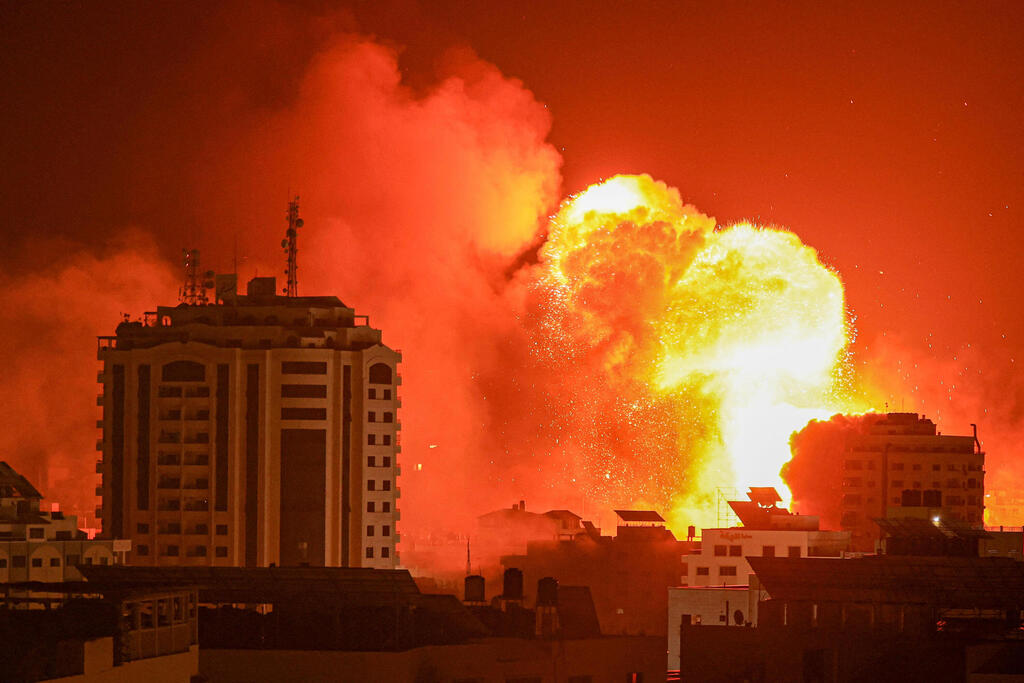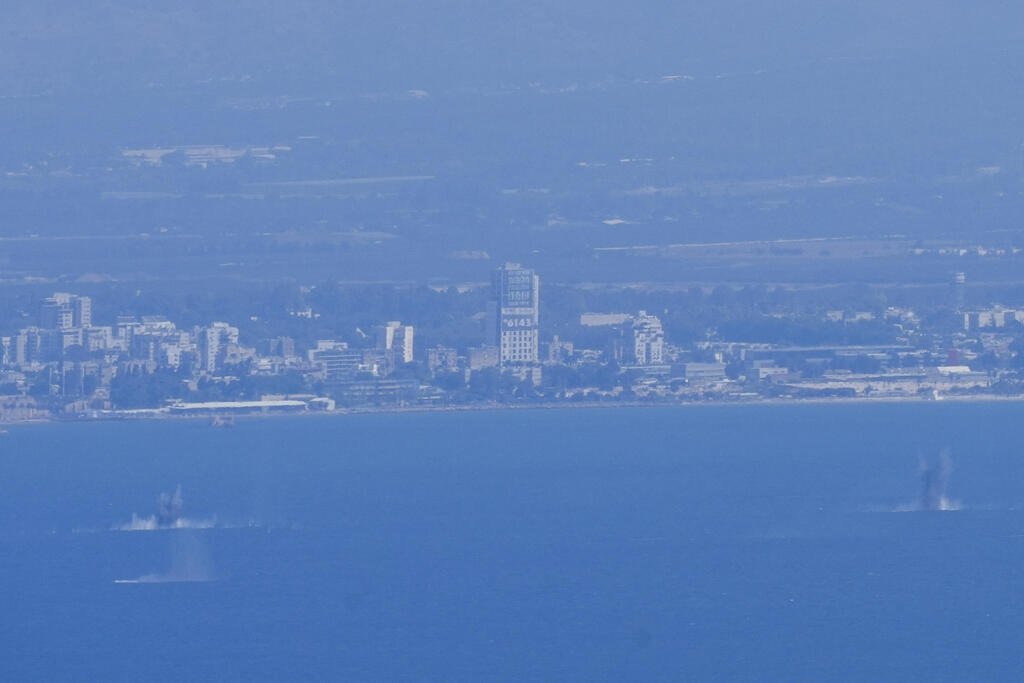Getting your Trinity Audio player ready...
Residents of central Israel, including the Gush Dan and Shephelah regions, reported hearing loud explosions Friday night and early Saturday. The IDF confirmed no rocket impacts in the area while police attributed the sounds to explosions originating in Gaza, more than 40 miles away.
Dr. Yuval Rosenberg, a physicist at the Davidson Institute of Science Education, explained to Ynet that atmospheric conditions can affect how sound travels, amplifying or diminishing its intensity. “When the air near the ground is warmer due to the sun heating the surface, sound waves are refracted upward into the sky. This can reduce the noise we hear,” he explained.
However, during nighttime, when the ground cools faster than the air above it, sound waves bend back toward the ground. “This phenomenon is why explosions from Gaza often sound louder in central Israel at night than during the day,” Dr. Rosenberg added.
The unique interaction of weather and sound physics highlights why certain noises travel farther or seem more pronounced depending on the time of day and environmental conditions.
In addition to explosions heard from Gaza, powerful booms have echoed through the Gush Dan region during the war, caused by rockets detonating over the sea. These loud blasts have sparked anxiety among residents due to their intensity.
“There are many factors that can influence the volume of an explosion we hear, meaning identical rockets detonating can sound vastly different,” explained Dr. Yuval Rosenberg. “The sound waves we perceive are essentially small disturbances in air pressure, which our brain interprets as sound after they reach our ears and vibrate the eardrum and the rest of our auditory system.”
“When a rocket explodes, it creates a shockwave characterized by a sudden and significant change in air pressure,” explained Dr. Rosenberg. “At close range, this shockwave can be extremely dangerous, capable of destroying buildings or killing marine life if the detonation occurs at sea.
"As it travels, the shockwave loses energy as it interacts with and is absorbed by objects, creating destruction but also heating the air. Eventually, as it continues over long distances, the shockwave dissipates and transforms into the sound waves we hear. Simply put, a shockwave is like a massive ocean swell that breaks into smaller waves.”
Dr. Rosenberg highlighted the difference in how explosion sounds carry over land versus sea. “For us to clearly hear the explosion, a significant amount of sound waves must reach our ears, or more precisely, the sound wave intensity must remain strong. However, various factors can block sound waves from reaching us. For instance, shockwaves and sound waves can be absorbed by the ground, trees and buildings. Hard surfaces like hills or building walls can also reflect sound waves, preventing them from reaching us,” he said.
“This is why when a rocket explodes on land, there are many obstacles that diminish the volume of the noise we hear. In contrast, over the sea, there are few such barriers, allowing sound waves to travel more freely and reach us more effectively,” he added.
Get the Ynetnews app on your smartphone:




